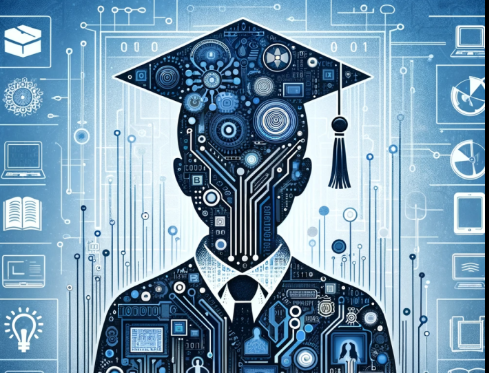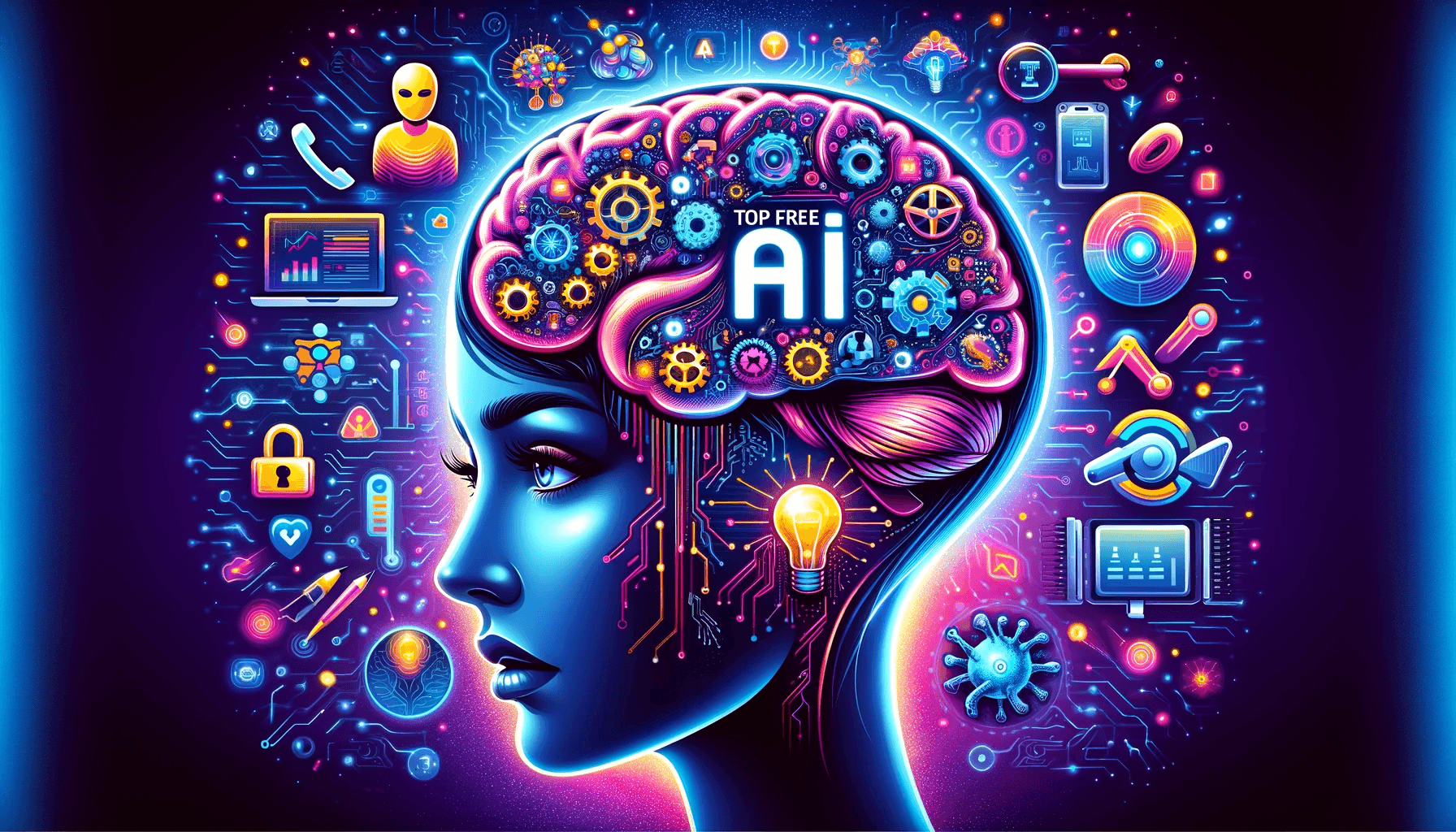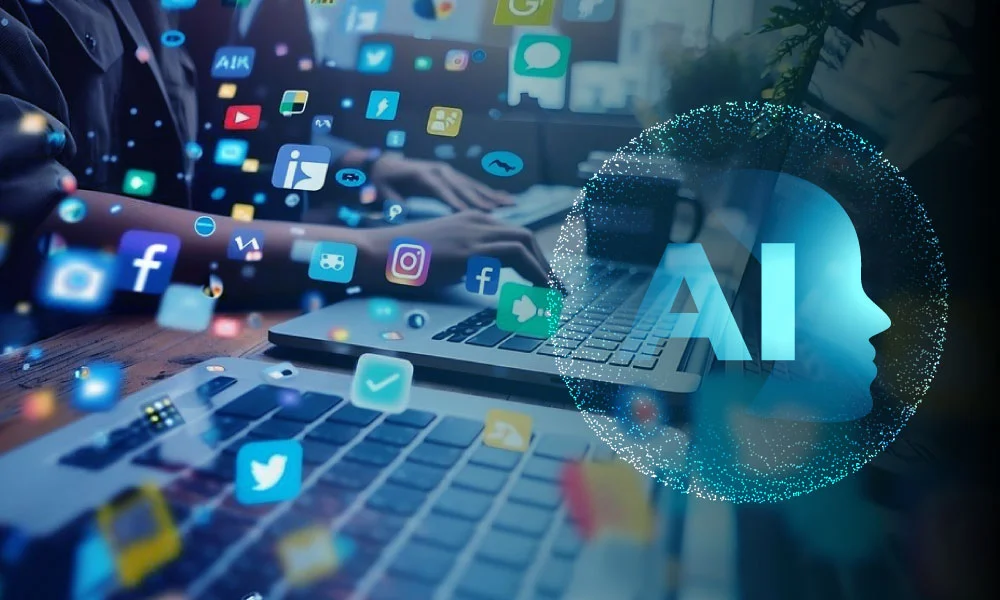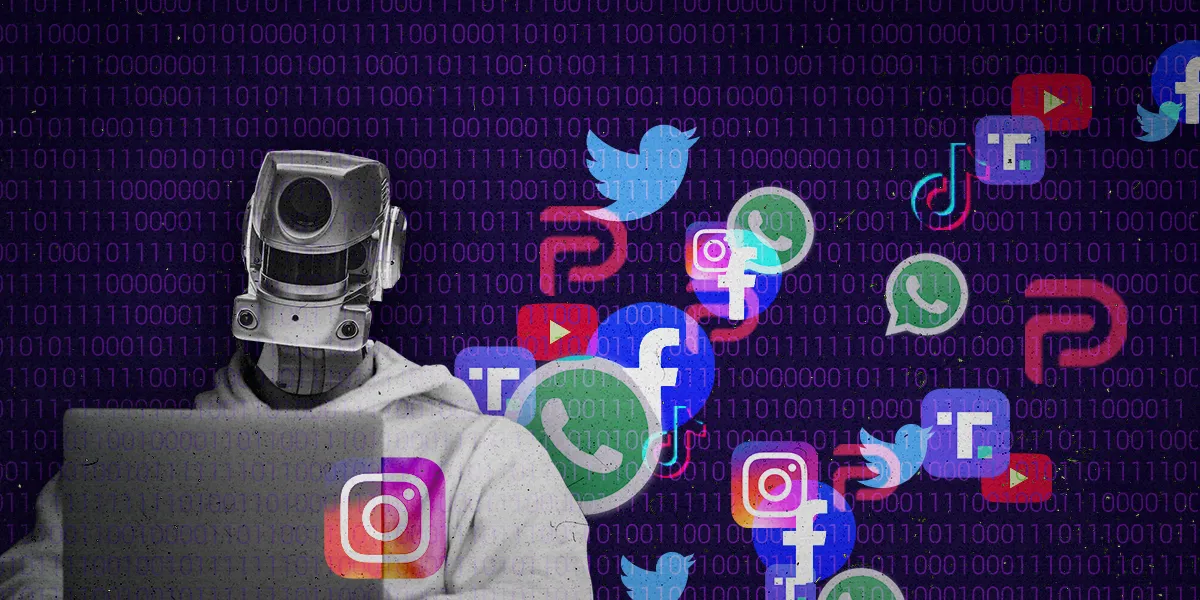Artificial Intelligence (AI) is bringing transformative changes to the education sector. From automating tasks to creating personalized learning environments, AI is redefining how knowledge is delivered and received. New innovations in AI are enhancing student engagement, supporting educators, and improving educational outcomes across the globe.
1. Personalized Learning Algorithms
One of the most impactful innovations in AI is the ability to tailor learning experiences to individual students.
AI-powered systems analyze student performance, learning speed, and preferences to deliver custom content and assessments.
2. AI-Powered Virtual Tutors
Virtual tutors are now capable of simulating one-on-one interactions, offering real-time feedback and support.
They help clarify doubts, reinforce lessons, and provide learning assistance outside classroom hours.
3. Intelligent Content Generation
AI can create interactive lessons, quizzes, summaries, and even generate textbook content automatically.
This innovation allows educators to quickly adapt materials to current trends and student needs.
4. Emotion AI and Student Engagement
Some platforms now use emotion-recognition technology to monitor student focus and engagement levels.
If a student appears distracted or confused, the system can respond with supportive prompts or adjust the content.
5. Language Processing for Multilingual Support
Natural Language Processing (NLP) tools help break language barriers by offering instant translations, voice recognition, and language correction.
This supports a more inclusive learning environment for students of different linguistic backgrounds.
6. Predictive Analytics for Performance Monitoring
AI systems can predict student outcomes by analyzing past behaviors, attendance, and assessment data.
Educators can intervene early to support students who are at risk of falling behind.
7. AI-Driven Administrative Efficiency
From managing schedules and grading to handling inquiries, AI is streamlining administrative functions.
This allows educators to focus more on student interaction and instruction quality.
8. Integration with AR/VR for Immersive Learning
AI is enhancing augmented and virtual reality tools by making them more adaptive and intelligent.
Students can now explore 3D environments and participate in simulated experiences customized to their learning path.
Conclusion
Innovations in AI are reshaping education by creating smarter systems that adapt to both learners and educators. As these technologies evolve, they promise a future where education is more engaging, inclusive, and effective.







Leave feedback about this